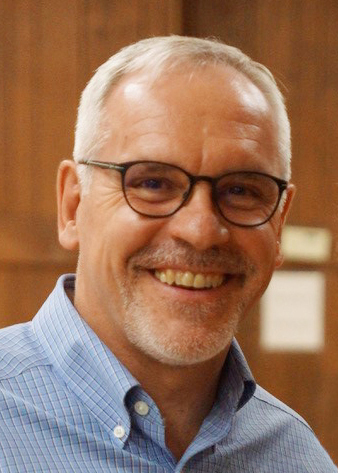The COVID-19 coronavirus pandemic has forced businesses across the world to reevaluate how they conduct themselves and meet the needs of both customers and employees. The reverse mortgage industry as a whole has generally been performing well in the midst of the pandemic, as evidenced by increased volume totals in 2020 and 2021 and certain expansions made by active reverse mortgage companies.
After sharing the perspective of two RMD 2021 Changemakers, we’re rounding out the perspectives on how COVID-19 has changed the reverse mortgage industry with the two remaining members of the class: Finance of America Reverse (FAR) President Kristen Sieffert, and Fairway Independent Mortgage Corp.’s National Reverse Mortgage Director Harlan Accola. Like the rest of the industry, both companies posted overall volume gains in 2020 and 2021.
FAR also instituted new initiatives including the creation of a multi-faceted new creative campaign with a spokesman character, as well as the addition of new proprietary product features including availability for borrowers as young as 55 in some states. Sieffert and Accola both express that the pandemic has provided their companies with valuable learning experiences, while also emphasizing for employees and clients the value that a reverse mortgage can provide by facilitating aging in place.
Reverse mortgage industry resilience on display
Echoing a theme she shared with RMD one year prior, Sieffert explained that the resilience of people within the company she leads and its customers have been on full display throughout the entirety of the pandemic.
“There were certainly some moments that were really, really stressful.,” she says. “And obviously, people experienced stresses in different ways throughout the entire time. At FAR, I felt like our team pulled together in a way that I didn’t know was possible, because we weren’t under that type of stress ever before. It was a really beautiful thing to watch unfold.”
This was exemplified by employees who, in some cases, put their own concerns aside when they had the opportunity to assist their colleagues, Sieffert said, something that helped to make the entire company stronger.
“When you get pushed to a breaking point, you’re under severe amounts of stress,” Sieffert says. “And when you still show up with a smile and figure out ways to help people, I think that really showed our team that the culture that we created was even stronger than we thought it was.”
Keeping the effect on seniors in mind
For Accola and Fairway, he describes being reminded of a quote attributed to American businessman and philanthropist W. Clement Stone: “Every great man, every successful man, no matter what the field of endeavor, has known the magic that lies in these words: every adversity has the seed of an equivalent or greater benefit.”
For Accola, this helps to describe the reverse mortgage industry in the midst of COVID-19: it brought initial adversity before giving way into an opportunity for both the business at-large and the clients seeking ways to change their retirement in light of the new risks.
“If the COVID thing has taught me anything, it’s especially taught me amongst seniors that we are more important than we’ve ever been before,” Accola said. “[A large share of] the people that died did so in nursing homes. We know that affected our group of people, our clients, [and we are trying to do] whatever we can to keep people out of nursing homes. They can have in-home care, they can have a house that they can age in place in. We are more instrumental [than ever before].”
Sieffert also describes both the acknowledgment of the unique situation being faced by seniors in light of the pandemic, as well as gratefulness to employees and clients for the generally beneficial business environment that reverse mortgage lenders currently find themselves in.
“As it relates to our demographic, I think [the pandemic] really shone a light on the importance of the ability to find ways to age in place,” she says. “I think the home became the central area for everybody during the pandemic, and do you have a happy home where you can thrive amidst the chaos around you, or are you struggling to make ends meet?”
Reverse mortgage products offered qualifying clients a unique opportunity, especially for those who were either forced – or felt the need – to leave the workforce earlier than was planned, Sieffert explains.
Strong HPA and reverse mortgage potential
Many of those clients who did leave the workforce during the pandemic still remained bound by traditional mortgage debt, but a reverse mortgage option became clearer due to the very high levels of home price appreciation (HPA) observed in 2020 and 2021, Sieffert explains.
“Now, this product is a perfect solution for people,” Sieffert says, stemming from strong HPA. “And couple that with, again, the desire to be home where you are safe. Less and less people now want to go to nursing homes, more and more people do want to make sure that they can age gracefully and happily in the homes that they have. So, I think it really gives us an opportunity to look at the positive stories that we were able to produce and support people with and share that message with people so they can see how wonderful these solutions are for so many.”
The pandemic’s impact on seniors is undeniable. Last month when the United States reached a total of 800,000 deaths attributable to COVID-19 according to data from the New York Times, the data also indicated that nearly 600,000 of those total deaths have taken place among people aged 65 or older. As of January 13, 2022, the total U.S. death toll of the pandemic has reached over 843,000.
Read the Changemakers interviews with Kristen Sieffert and Harlan Accola.







